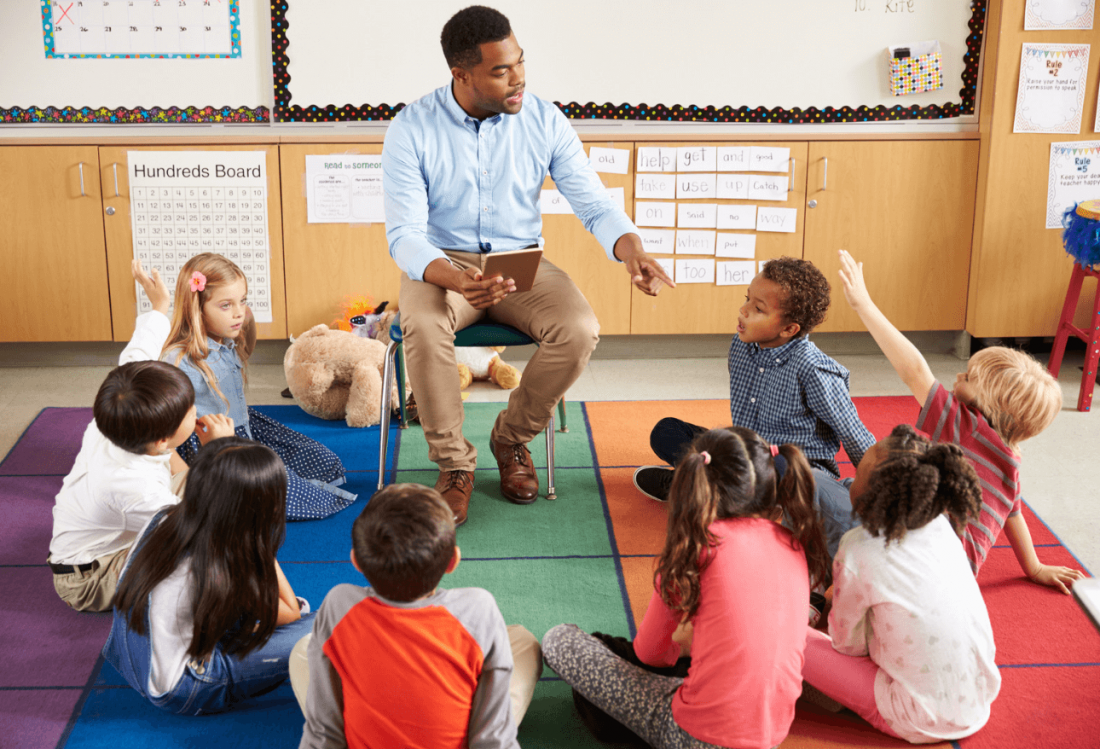Calls for authentic Black history to be enshrined and taught in the British educational curriculum are getting louder in the wake of recent protests challenging systemic racism in the UK. We talk to an educator who is clear that teaching ALL students to have a full, realistic and unbiased viewpoint of Black history will have a real impact on the racial inequality narrative.
Does glossing over Black history in the UK educational system fuel discriminatory dialogue and send out the message that ethnic minorities have contributed nothing to the development of Britain? It’s a resounding “Yes” from Bianca Walker, a history teacher who has taken matters into her own hands to create her own Black history curriculum to teach her students.

In an interview with Bianca, we were told how if Britain aims to really be seen as inclusive and multi-cultural, Black history must become a staple part of the educational curriculum.
What’s the impact of leaving out authentic Black history from the curriculum?
Black History is generally only celebrated in the month of October and even then, most educators only touch on the slave trade. Furthermore, the spotlight that is shone on Black history in October is often not one of positivity; instead, in my view, these short bursts of history help to create feelings of resentment, worthlessness and anger in Black children; it creates a divide between them and other races and further encourages the narrative that Black people have come from nothing and remain in the role of the oppressed. Please don’t misunderstand me, the enslavement of Black people is an integral part of our History, but it is not the only history we have. If Black history is not integrated into the school curriculum then the ignorance of the older generation will prevail in the younger generation. By not including Black History in the curriculum, the UK is providing its young minds with a distorted perception of Black people.
“The enslavement of Black people is an integral part of our History, but it is not the only history we have”
Give us an example of Black history that should have a place on the curriculum?
The Windrush; many of my students had no idea that Black people from the West Indies were invited to this country to help with its rebuilding after WW2. My grandmother came to the UK prior to the Windrush generation and like many, worked until retirement as a nurse. Without her and many others, the UK would not have been able to establish itself as one of the most inclusive health services in the world. Black people left their homes in the West Indies and contributed heavily to modern Britain; surely this should be acknowledged? The white-washed history taught in schools fails to provide children of all races with the knowledge needed to understand racism; this only leads to social discord, something that we are seeing too much of in the 21st century. The narrative must be changed in order for us to be able to move forward.

What aspects of Black history, if any, is currently being taught?
The British Empire scheme of work covers slavery and some schools also touch upon the underground railroad. The story is the same again and again. We learn that we were once slaves, abused, disregarded and deemed as inadequate due to the colour of our skin. But for Harriet Tubman, students learn nothing about the heroes who we should be fiercely proud of. Yes, we already know that we have been and continue to be oppressed. However, this narrative is mundane and students are left feeling frustrated and left with the question; what else have we done?
How important is it that all students, not just Black students learn about Black History?
Schools play an essential role in the lives of students. It is important for all students to know the full scope of the history that contributes to their country and those in it so that a blanket of inclusion and respect for one another becomes integrated within them.
What are some of the more disturbing aspects of the current curriculum?
An issue that disturbed me when researching for resources was a particular task I came across that instructed students when learning about the slave trade to put themselves in the position of a slave and write a letter to their families about the conditions on a slave ship! This I found highly offensive, imagine asking a Jewish child to do the same but from a concentration camp perspective? Another one was a “sell me your class partner activity”. I had no desire to put any child, let alone one from an ethnic minority, through such emotionally charged and degrading tasks. Many of the resources out there are extremely outdated. In my view, many of the lessons I accessed online showed no diversity, no lesson hooks and no real efforts of engagement for the students.
“I came across that instructed students when learning about the slave trade to put themselves in the position of a slave and write a letter to their families about the conditions on a slave ship”
What are you doing to change the narrative in your school?
I’ve been fortunate enough to teach in a British curriculum school in the UAE. My principal, a fellow Historian believed in my vision and allowed me to compose my Black History scheme of work. With me being the KS3 Lead in History I was able to pick the topics that I wanted to teach. Certain modules are compulsory in every subject, but I had previously seen that there was a whole term spare where Black History could be taught. This was disappointing as it was clear that there was space for it in the British curriculum, yet it has been left off by choice.
I constructed my own lessons and resources from scratch for topics I taught within the Black history module. After seeing the snowball effect of the recent events which have affected the wider Black community worldwide, it has reinforced my belief that the need for education on Black History is needed now more than ever.
What process did you follow to compile your Black history curriculum?
The process I followed was quite simple. Yes, students needed to know about the oppression aspects, but more importantly, they needed to learn about the contributions and triumphs of Black people too. I focused more on the latter and condensed the teaching of slavery. I also ensured that I did an open circle lesson after the teaching of slavery. Any form of oppression in history can be emotionally draining for students; they are left with questions that they need answered and many of them just want the opportunity to talk about their feelings towards what they have learnt. This is even more reason why Black history requires a permanent place in our curriculum, not just a month in October. The information needs to be taught well and digested by students. The lessons require follow ups so that we can address any emotional needs that may arise.

What other platforms do you know of that are fighting for Black history to be taught in schools?
There are many other voices calling for Black history to be taught in schools. Including the social enterprise “The Black Curriculum”. Individually our voices are being lost and it’s going to take real consistency and a push from us all to make this change happen.
Tell us about your Black history curriculum package?
I have developed a Black history curriculum package which I hope to integrate into schools and youth clubs. I want to make it accessible for everyone who wants to learn and understand about the rich Black history of our forefathers. I have already received a lot of interest.
For anyone who wants to follow my education journey, they can do so by following Class of Bee on face book where I will be uploading my Black history education product packs.












